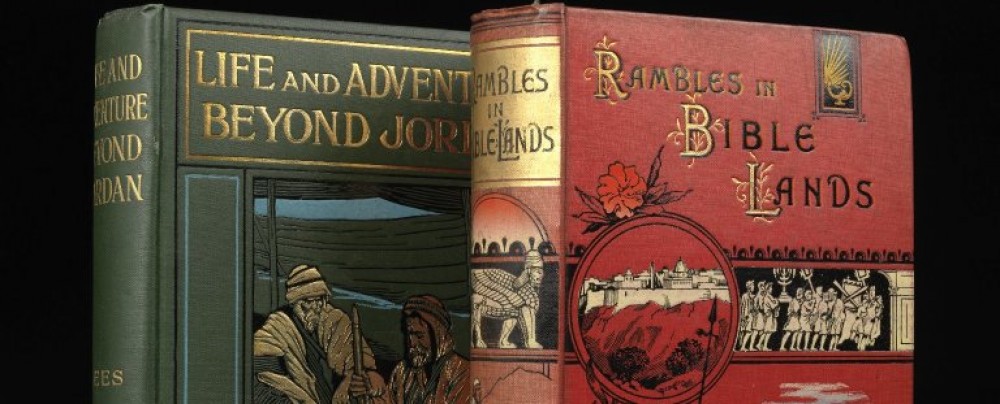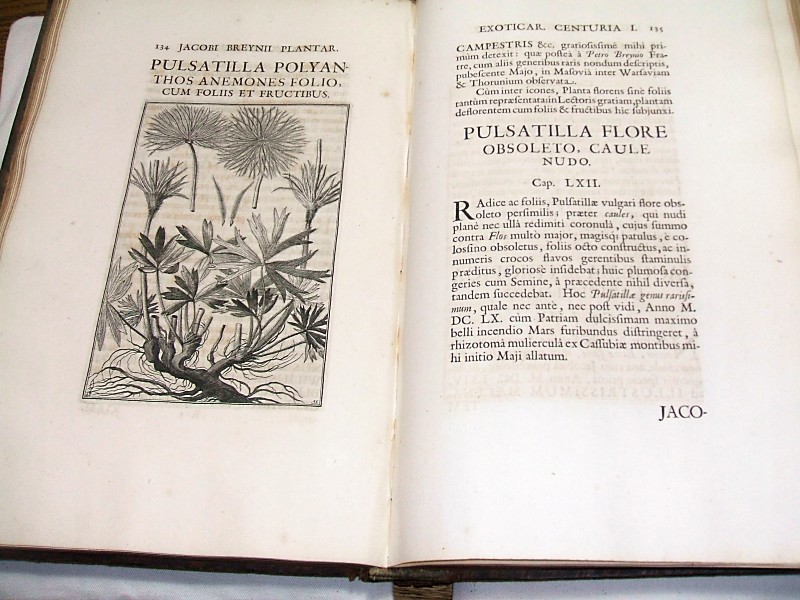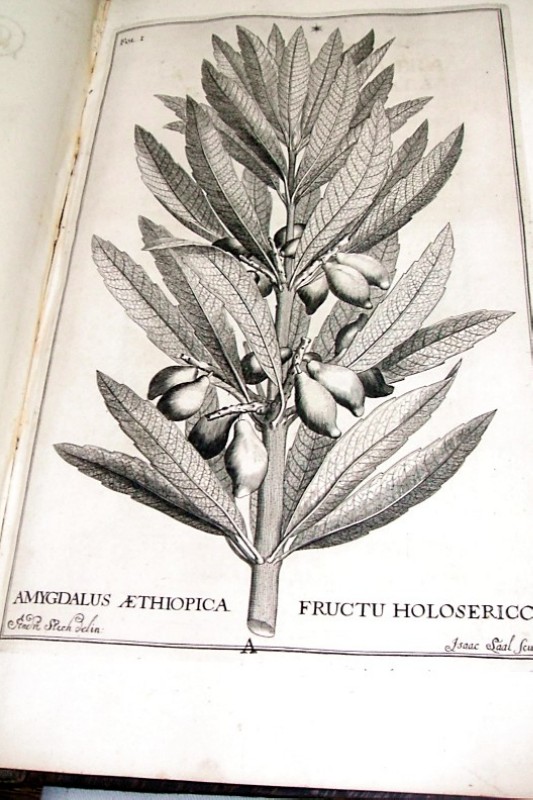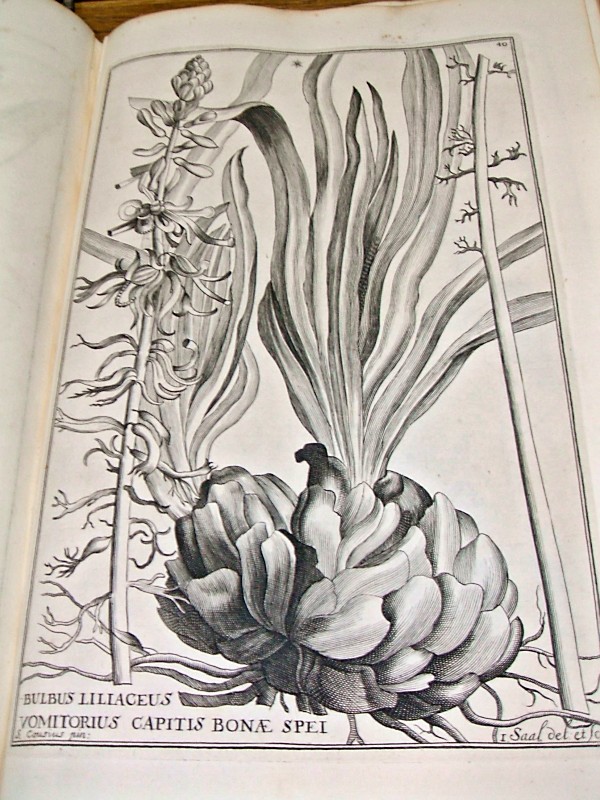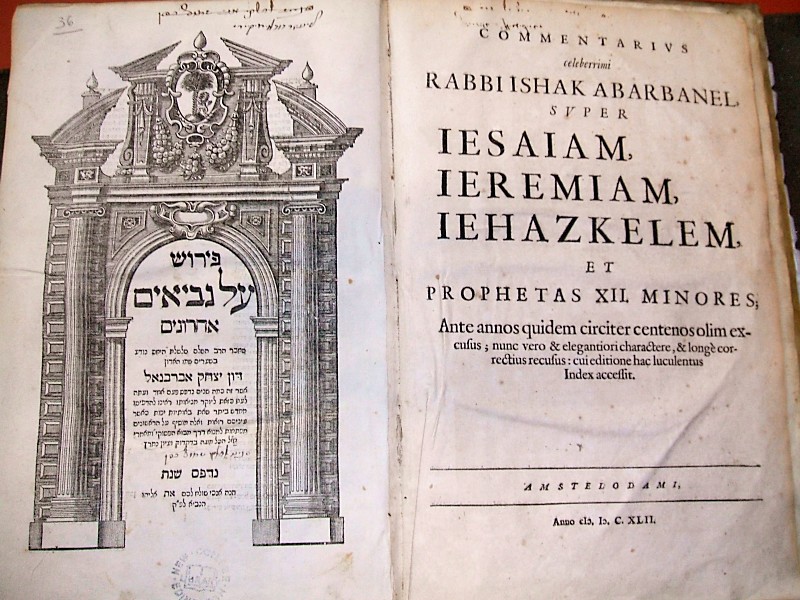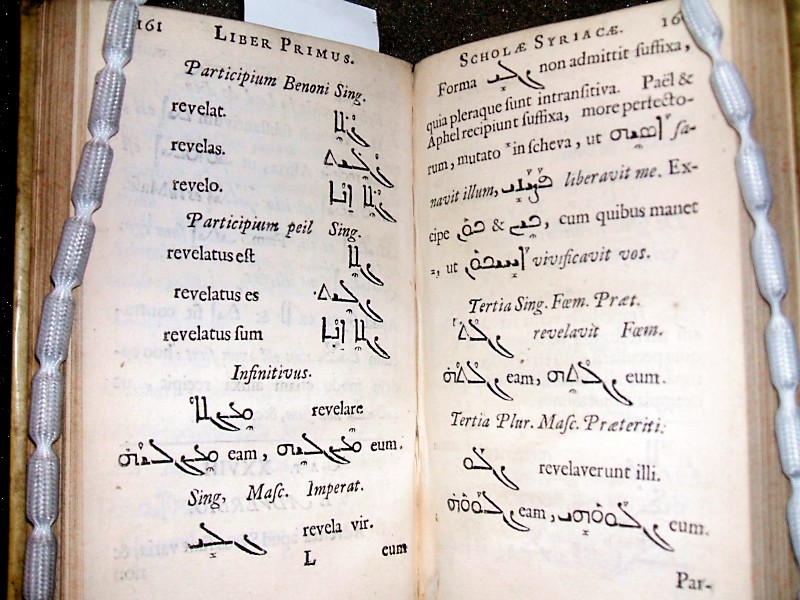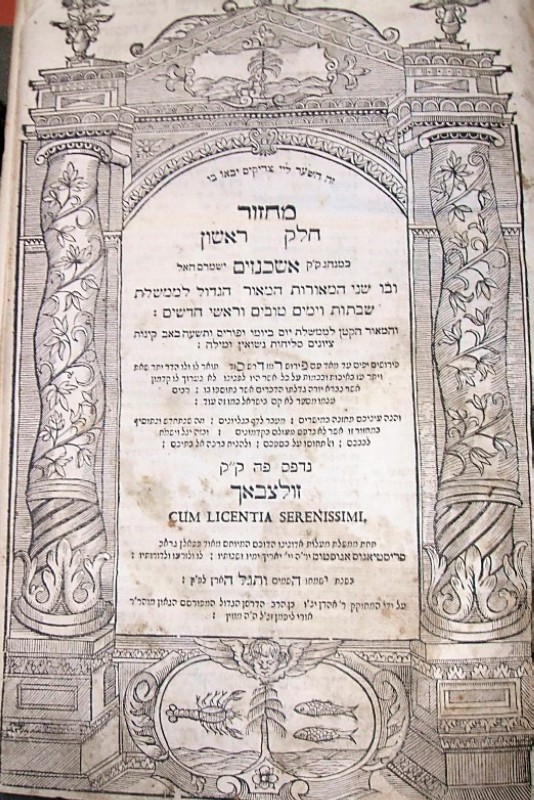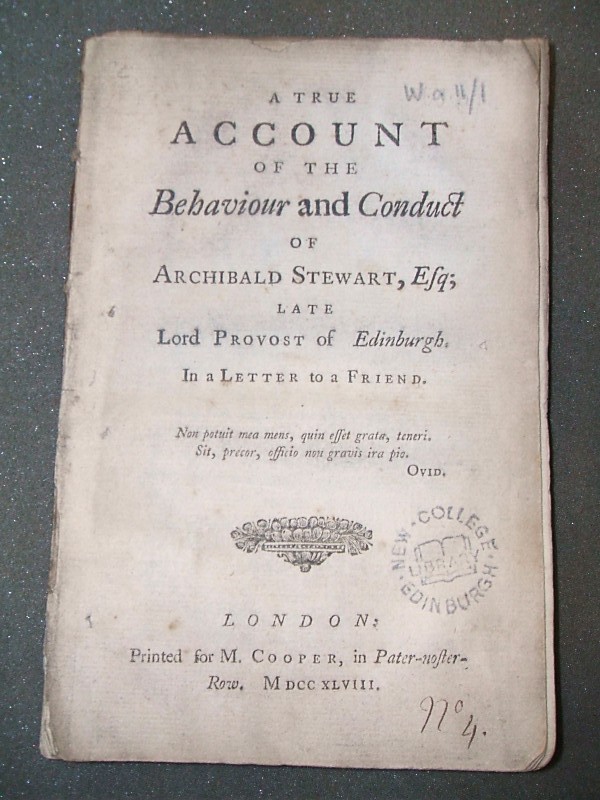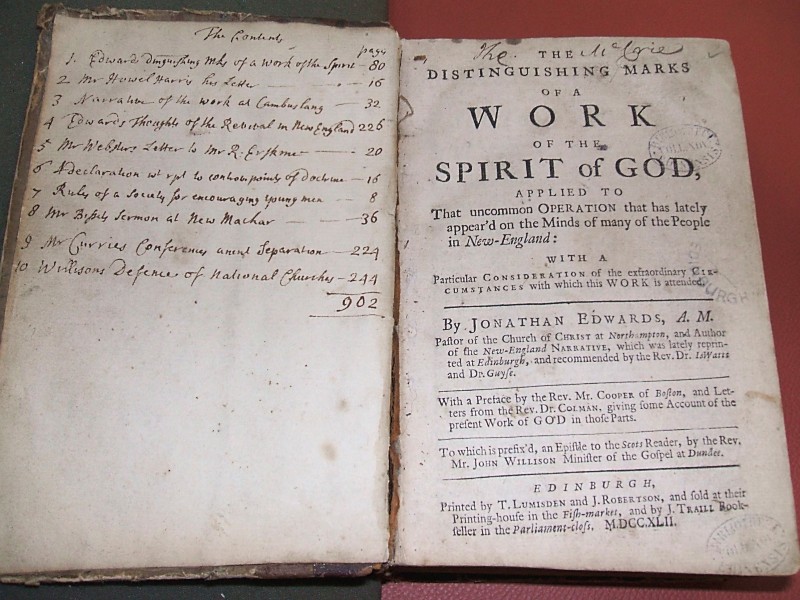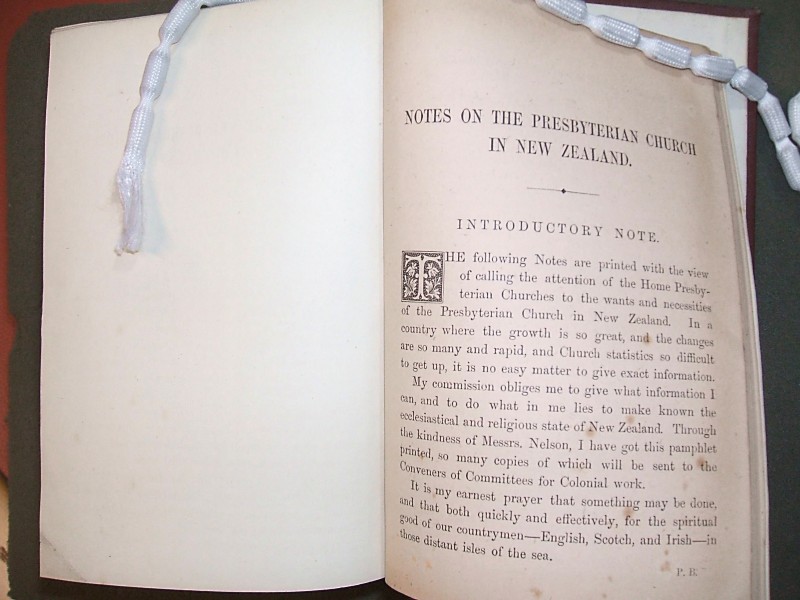
Notes on the Presbyterian church in New Zealand. By P. B., fl. ca 1860. New College Library – Special Collections. P.f.14/24
Today the School of Divinity welcomes Dr Hugh Morrison, a visiting Fellow from Otago, who is speaking at the World Christianity Research Seminar on “Doing religious history ‘down under:’ challenges and opportunities in the New Zealand context.”
A recent challenge for the the Funk Cataloguing Projects here at New College Library was this nineteenth century pamphlet, “Notes on the Presbyterian Church in New Zealand”. Little is known about this item or its author, P.B. From clues within the pamphlet we have garnered that the writer was active in the 1860s and the item was probably published in Scotland.
The union catalogue of UK research libraries, COPAC, lists New College Library as the only known location in the UK for this pamphlet
